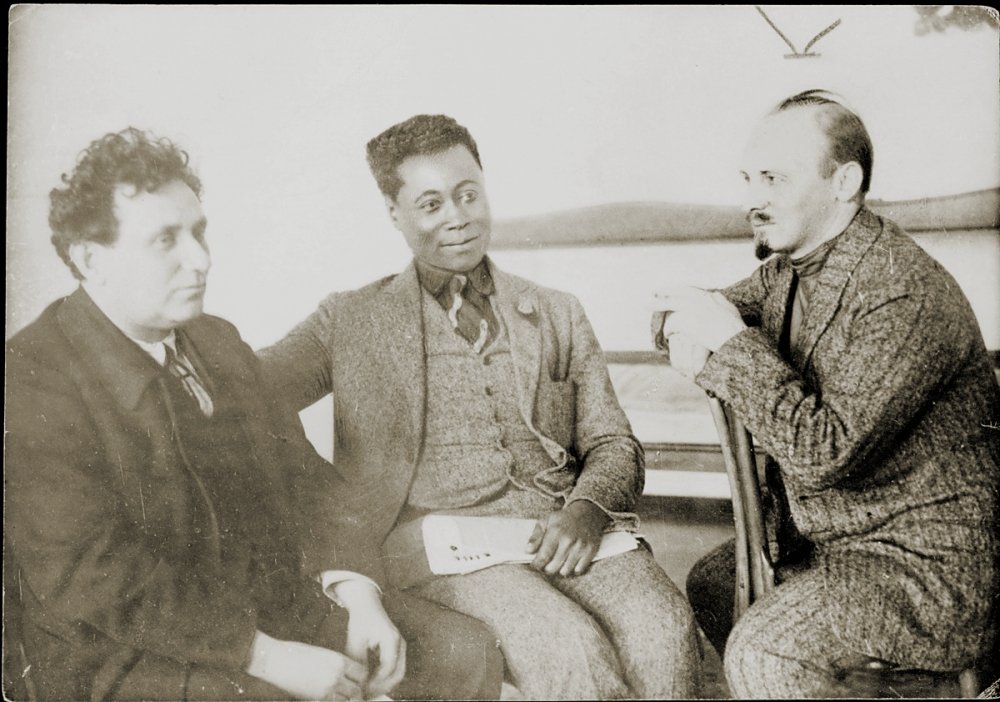
Is Russia Making A Play To Lure More Black Travelers?
Many African-Americans exhausted by racial bias and intolerance in the United States are seeking more equitable lives overseas. Some have “returned home” to West African nations, while others have chosen resettling in Western Europe, Latin America or Asia. But one destination that has been welcoming African-American expats for over 100 years – we’re quite surprised to discover – is Russia.
Blacks in the USSR is the mind-blowing subject of a documentary by RT news – which in all fairness is Russia’s state sponsored news outlet. Since the 1920s, African-American ex-pats have sought out new beginnings in Russia. The country welcomed skilled Black Americans into their factories and businesses. And what, according to RT News, those Black ex-pats found in Russia was acceptance and success. Even Langston Hughes, Paul Robeson, and Claude McKay (pictured above) spent time enjoying the country.
Margaret Glasgow, a black hairdresser from New York, wrote of her life working in Russia. “I’ve quite forgotten that I’m black. I simply feel like a human being; that’s all.” Even one the countries earliest movie star was Black, a child who appears in the country’s widely celebrated film, The Circus. That film features a white mother and her black child fleeing an angry mob of non-Russian whites. The film climaxes with a crowd of Russians joyfully passing the Black child around while chanting more or less that he’s one of them.
Many of today’s Black Russians are descendants from the African-Americans who moved to the country almost 100 years ago. As one interviewee explains in the documentary, she doesn’t need Russian blood to feel Russian. “Blacks in the USSR” goes on to suggests that a second migration is happening now.
But what is motivating a current generation of Black travelers to seek out new lives in Russia? For many, America hasn’t evolved that much in 100 years.
“I wanted to leave a country where I was experiencing racism, discrimination,” Francine Villa explains. Villa, who teaches English in Moscow now, says that she’s felt at home since arriving.
Her story is a stark contrast from the subjects in this BBC article. These Black students and professionals living in Russia believe the country has a problem with racism. And while some do confess things are not nearly as terrible for them as they could be in the United States, they recognize the origins of occasional mistreatment.
Eric has revolved in and out of passport controls for over 20 years. From his first archaeological field school in Belize to rural villages in Ethiopia and Buddhist temples in Laos, Eric has come smile to smile with all walks of life. A writer, photographer and entrepreneur, the LA native believes the power of connectivity and community is enriched through travel.